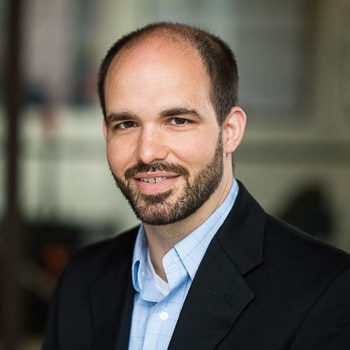Michigan Senate Passes R&D Credit Legislation
On March 19, 2024, Michigan’s Senate passed a series of bills that would advance the potential for a research and development tax credit in Michigan for the first time since 2011. The bills passed the Michigan House of Representatives on October 31, 2023, and are supported by Michigan Governor Gretchen Whitmer in her FY2025 Executive Budget Recommendation. The Senate modified two bills, which will move back to the House for a vote. The earliest possible date for addressing the modified bills is April 8, 2024, the start of the next House session.
If enacted, the Michigan R&D tax credit would allow businesses to claim a credit against their Michigan tax liability for qualified research performed within Michigan for tax years beginning on or after January 1, 2024. Qualified research expenditures (QREs) for the Michigan R&D credit, aside from meeting the criteria in IRC Section 41, can include wages paid to an employee performing research activities or directly supporting research activities at a facility in Michigan, supplies consumed while performing research activities at a facility in Michigan, or third-party research conducted in Michigan.
For taxpayers with less than 250 employees, the credit equals 3% of the QREs up to the base amount and 15% of its QREs exceeding the base amount, capped at $250,000. For taxpayers with more than 250 employees, the credit equals 3% of the QREs up to the base amount and 10% of the QREs exceeding the base amount, capped at $2,000,000. An additional credit can be claimed for taxpayers working with a research university In Michigan.
The budget for this program is currently $100 million, with $25 million reserved for small businesses. To apply, a Michigan taxpayer must submit a claim by March 15 of the following year. If the $100 million cap is reached, the credits would be prorated.
If you have questions about the Michigan Research & Development tax credit or any of our other services, please contact our R&D Tax Credit team.
David Seibel is an engineering principal for the R&D Tax Credit Practice. He combines his knowledge of tax law with his engineering expertise to maximize companies’ research credits and reduce their overall tax burdens.
David ensures clients are receiving studies that meet the highest level of quality. He conducts fieldwork, produces detailed technical calculations, and builds narratives that accurately reflect each company’s research and experimentation activity.
Jacob Byerly, EA, is a tax consultant for the R&D Tax Credit Practice at McGuire Sponsel.
Recent Resources
-
R&D Tax Credit ServicesFebruary 27, 2024
Calculating Cloud Computing Expenses
by David Seibel, EACoined in 2006 by then Google CEO Eric Schmidt, “cloud computing” is a general term that encompasses any shared computer...
-
R&D Tax Credit ServicesFebruary 9, 2024
Recommended Guidance for 2023 Filing Amid Tax Bill Uncertainty
by David Seibel, EAThe U.S. House of Representatives passed HR 7024, The Tax Relief for American Families and Workers Act of 2024, on...
-
R&D Tax Credit ServicesFebruary 1, 2024
House Passes R&D Expensing and Bonus Depreciation Bill
by David Seibel, EAThe U.S. House of Representatives passed HR 7024, The Tax Relief for American Families and Workers Act of 2024, on...
-
R&D Tax Credit ServicesJanuary 22, 2024
IRS Issues Additional Guidance & Revenue Procedures for Section 174
by David Seibel, EARecently, the IRS issued Notice 2024-12, which clarifies previous guidance under Notice 2023-63 regarding the treatment of specified research and...



